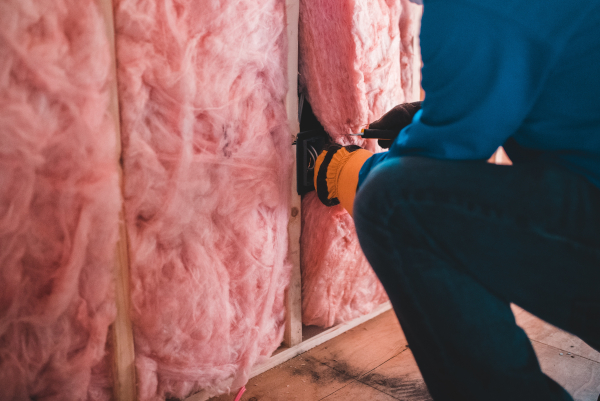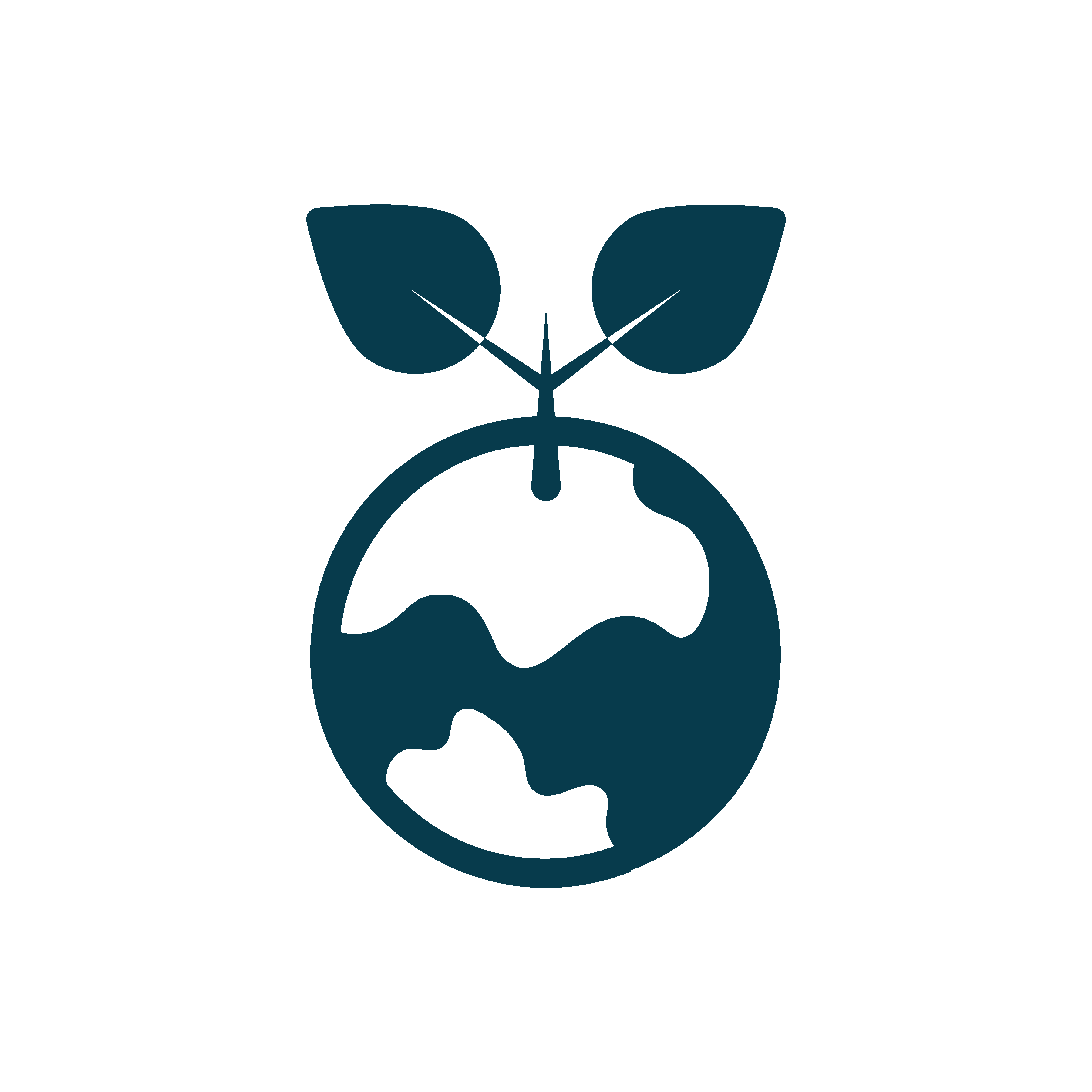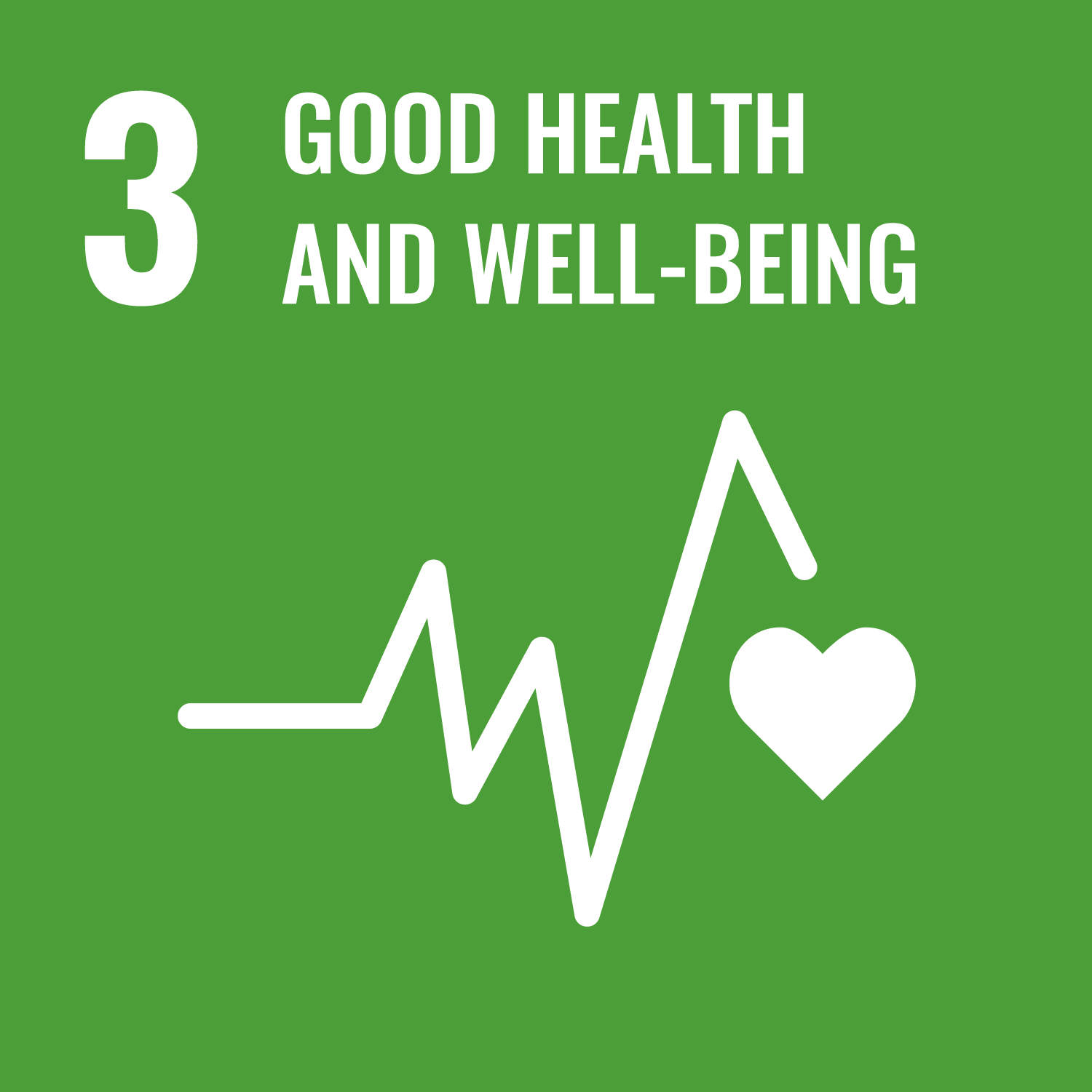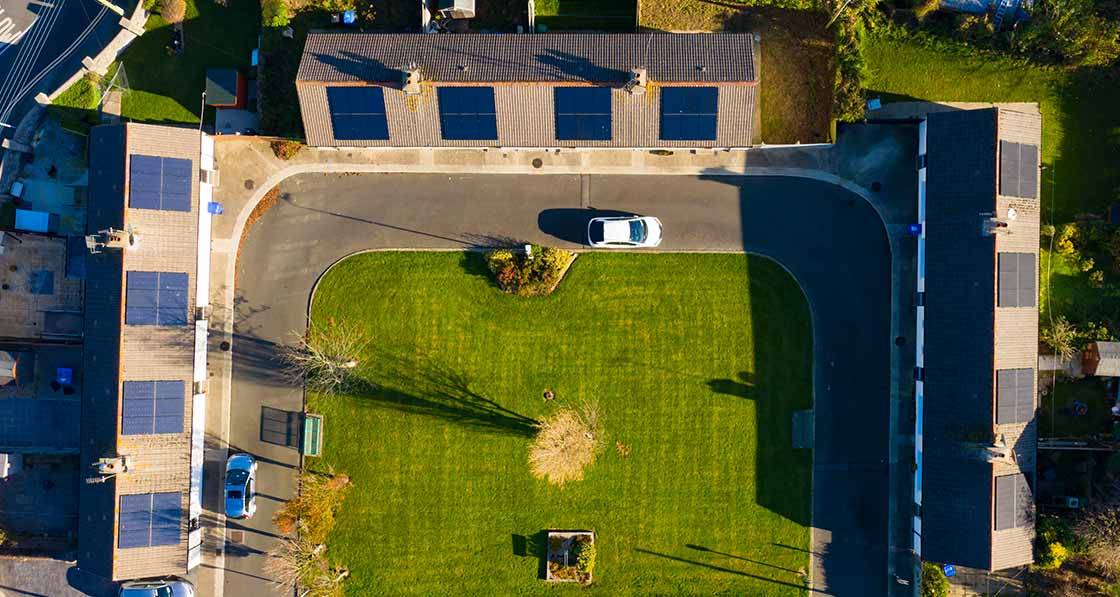The Communities Energy programme is a national retrofit initiative aimed at upgrading Ireland building stock, and facilities to high standards of energy efficiency including renewable energy usage, thereby reducing fossil fuel usage energy costs and greenhouse gas emissions.
By supporting project structures that can be easily replicated, it aimed to showcase retrofit project models that can be implemented without support in the future. As part of this initiative, the CEG programme supports new approaches to achieving high quality improvements in energy efficiency within Irish communities. By bringing together groups of buildings (domestic and non-domestic) under the same retrofit programme, the projects facilitate community-wide energy improvements more efficiently and cost effectively than might otherwise be possible .
The domestic element of the projects consisted of 55 dwellings (privately owned of which 47 were classified as living in Fuel/Energy Poverty), located across the southeast of Ireland. The programme provided 80% grant aid for the energy retrofitting of the dwellings as the tenants were classified as living in energy poverty, with all dwellings requiring to meet a Minimum Building Energy Rating of B2 post works (using Irelands DEAP software tool).
The energy efficient measures consisted of: Wall insulation (external or/and cavity wall insulation), attic/roof insulation, window and door upgrade, primary heating system upgrade (air to water heat pump with fully integrated controls upgrade), wood burning stoves, Efficient lighting (LEDs).
The activities developed with a budget over 1 million € include:
- Homeowner engagement.
- Initial homeowner/dwelling survey.
- Energy upgrade report to identify suitable measures to meet the scheme standard (B2 and heat loss indicator).
- Procurement & tendering process for EE measures.
- Commencement on site.
- Quality assurance throughout the works, including collating the relevant documentation to ensure works are completed to relevant standards.
- Post works inspection.
- Post works Building Energy Rating (BER) certificate.
- Handover pack and communication with tenant post works, to identify and address any issues.
The project showed how to implement energy efficient retrofits in occupied homes, including differing dwelling types. It also utilised innovative methods and technologies, like heat pumps with integrated controls, following the fabric-first approach, looking at each dwelling on a case-by-case basis.
Main beneficiaries: the energy poor and low-income consumers.
-

-
 Countries impacted:
Countries impacted:
Ireland -
 Geographical scale:
Geographical scale:
Regional and Local -
 Energy poverty phase:
Energy poverty phase:
ImplementationPlanning -
 Intervention type:
Intervention type:
Household energy efficiency and refurbishmentRenewable Energy IntegrationCapacity building and training -
 Professionals involved:
Professionals involved:
TechnicianEngineerVolunteer -
 Partners involved:
Partners involved:
-
 Type of funding:
Type of funding:
Private, European and national funds from the SEAI-Communities Energy Programme -
 Website:
Website:
Case website -
SDGs addressed:






